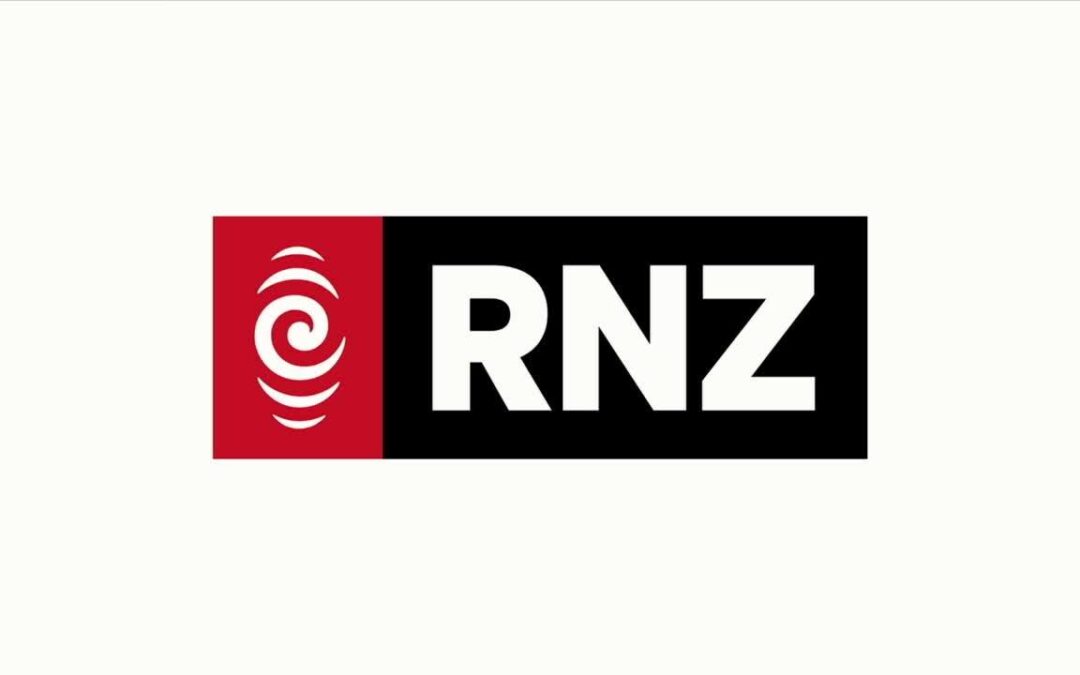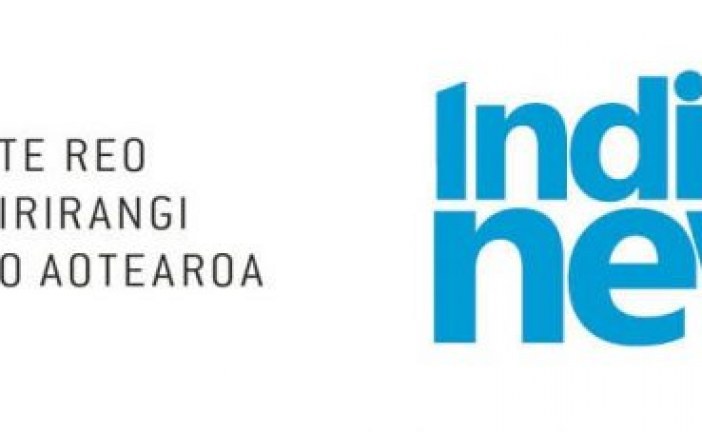
Funding boost for New Zealand public broadcasting
Funding boost for New Zealand public broadcasting
Public broadcasting allocated additional 15m NZ dollars in 2018 budget
New Zealand Broadcasting, Communications and Digital Media Minister Claire Curran announced the allocation of an extra NZD 15m (USD 10.2m, GBP 7.8m, EUR 8.7m) for public broadcasting on 11 July.
This additional funding is to be spread between RNZ (Radio New Zealand), the NZ On Air funding agency and a new fund targeting “under-served audiences”. This increase results from a recommendation from a Ministerial Public Media Advisory Group which found that NZ public media were funded at a lower level compared with those in developed countries of a similar size (Norway, Finland, Denmark, Ireland) as well as in Australia and Canada.
Welcome boost
This extra funding represents a 11.4% boost on the 2017 NZD 131.116m budget for public broadcasting. It will be allocated as follows:
- NZD 4.5m for RNZ, “so that it can extend its multimedia services to reach more people in different ways – “RNZ + Stage 1’.”
- NZD 4m for NZ On Air, “to enable it to boost its reach to under-served audiences such as children, and for innovative on-line drama.”
- NZD 6m for a Joint Innovation Fund “to pilot a new type of sector-wide collaboration that would see RNZ commission content for its platforms from the commercial sector in a joint venture with NZ On Air.”
- NZD 0.5m for the Ministry for Culture and Heritage (MCH) to undertake research on capacity for media collaboration and the levels of funding for an effective public media
NZ On Air is an independent Crown entity funding agency, which finances media projects and content, including television programmes and activities, community broadcasting as well as local music and artists and other projects that support local content and are important to New Zealanders.
NZ On Air describes its funding model as “unique in the world. Its flexibility has allowed us to follow the audiences, ensuring that as audiences find their media in new ways and places, they can still find local content.”
RNZ was established under the Radio New Zealand Act 1995 as a stand-alone, Crown-owned entity with major responsibilities being National Radio, Concert FM and Radio New Zealand International. RNZ is funded through NZ on Air (92%) the MCH and Parliament’s Office of the Clerk (8%) and receives no advertising revenue.
RNZ total expenditure in 2017 was NZD 38.981m.
The RNZ Charter, reviewed every five years, sets out RNZ operating principles
Wide and varied offer
RNZ offer has evolved and expanded since the 1995 Act. It includes now:
RNZ National, which broadcasts round-the-clock, its programme mix includes news and current affairs, documentaries and features, drama and music. At least 33% of the music it broadcasts is New Zealand in origin.
Talk-orientated programmes make up 60% of air time. Specialist features and documentaries produced exclusively for RNZ National focus on the interests of particular groups in the community.
Māori programming can be heard across the schedule.
RNZ Concert is RNZ’s fine music network. Music comprises 85% of air time. Much of this is classical, with additional specialist music programmes covering jazz, contemporary and world music.
Concert actively promotes New Zealand music and composition, providing an important showcase for the best of the country’s performing artists. “Its specialised production department commissions work from New Zealand musicians and composers, and initiates an extensive range of music programmes. The station delivers live broadcasts of concerts and recitals both of New Zealand artists and visiting international artists.”
Concert also features international programmes selected from public radio broadcasters overseas.
RNZ Pacific (formerly Radio New Zealand International or RNZI) provides a wide range of New Zealand programmes to listeners in the Pacific and beyond.
RNZ Pacific programmes are streamed online, and are available also in North America, Europe, Asia Pacific and Africa on World Radio Network (WRN – in ), on SW frequencies around the Pacific, and some Pacific stations rebroadcast also RNZI News Bulletins and other features.
In addition to its English-language programmes, RNZ Pacific broadcast daily short (4 – 10 minutes each) news bulletins in the following languages: Niuean, Cook Island Maori, Tongan, Samoan.
NZ Parliament broadcasts all sittings of Parliament.
The RNZ News service “provides vital elements throughout [its] 24-hour programming schedule, bringing impartial news and information to New Zealanders every day.”
Online Broadcasting
RNZ provides live-streaming of all its broadcasting services: RNZ National; RNZ Concert; RNZ Pacific, and the Parliamentary Network.
Most spoken word content is also available on-demand, with an online programme library which currently features more than 170,000 individual items.
Online broadcasting services are accessible through the RNZ website and smartphone applications.
What about television?
There is no public-funded television network in New Zealand.
TVNZ (Television New Zealand) is a Crown-owned fully commercially-funded commercial TV network.
It operates three channels, TVNZ 1, a general interest channel (news and current affairs, locally and internationally-produced drama, general entertainment and documentaries) TVNZ 2, which targets a younger audience with dramas, comedies and reality TV shows, and TVNZ Duke, airs comedies, dramas, documentaries, movies and sport.

Sources
NZ On Air Annual Report 2017; RNZ Annual Report 2016/2017; TVNZ Annual Report 2017

